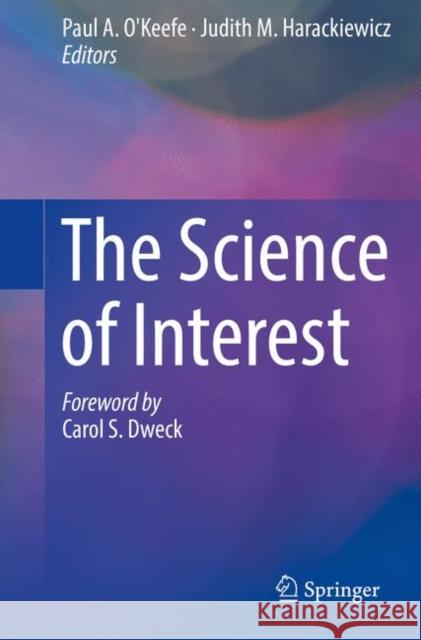The Science of Interest » książka
topmenu
The Science of Interest
ISBN-13: 9783319934471 / Angielski / Miękka / 2018 / 232 str.
The Science of Interest
ISBN-13: 9783319934471 / Angielski / Miękka / 2018 / 232 str.
cena 469,06 zł
(netto: 446,72 VAT: 5%)
Najniższa cena z 30 dni: 462,63 zł
(netto: 446,72 VAT: 5%)
Najniższa cena z 30 dni: 462,63 zł
Termin realizacji zamówienia:
ok. 20 dni roboczych.
ok. 20 dni roboczych.
Darmowa dostawa!
Kategorie:
Kategorie BISAC:
Wydawca:
Springer
Język:
Angielski
ISBN-13:
9783319934471
Rok wydania:
2018
Wydanie:
2017
Ilość stron:
232
Oprawa:
Miękka
Wolumenów:
01











